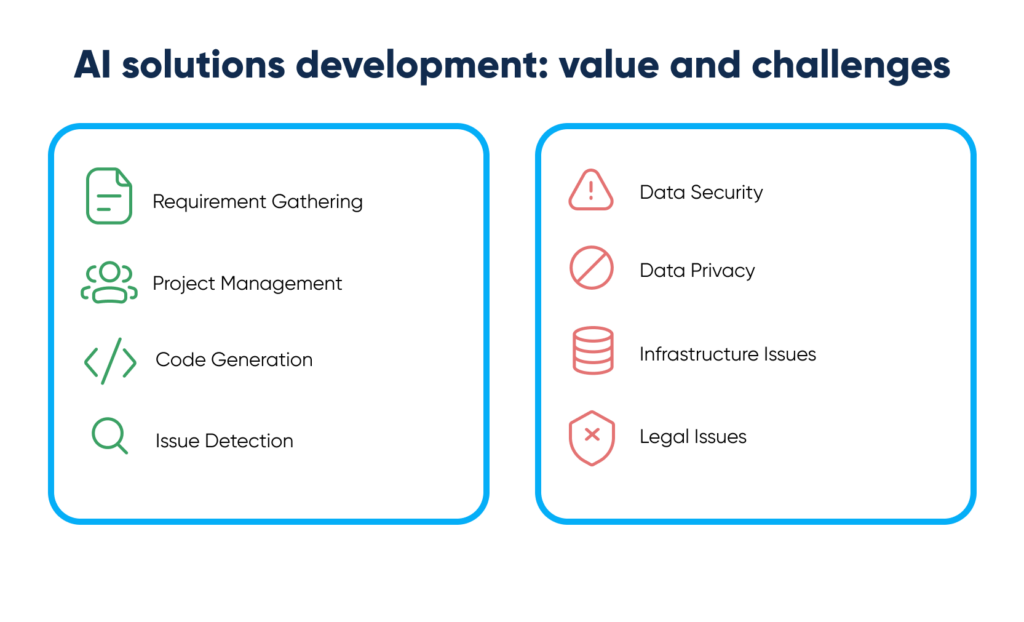Tech pioneer warns of artificial intelligence risks – NBC Los Angeles
Famed computer scientist Yoshua Bengio — an artificial intelligence pioneer — has warned of the nascent technology's potential negative effects on society and called for more research to mitigate its risks.

Concerns about Artificial Intelligence
Bengio, a professor at the University of Montreal and head of the Montreal Institute for Learning Algorithms, has won multiple awards for his work in deep learning, a subset of AI that attempts to mimic the activity in the human brain to learn how to recognize complex patterns in data.
But he has concerns about the technology and warned that some people with "a lot of power" may even want to see humanity replaced by machines.
"It's really important to project ourselves into the future where we have machines that are as smart as us on many counts, and what would that mean for society," Bengio told CNBC's Tania Bryer at the One Young World Summit in Montreal.
Potential Risks of Artificial General Intelligence
Machines could soon have most of the cognitive abilities of humans, he said — artificial general intelligence (AGI) is a type of AI technology that aims to equal or better human intellect.

Intelligence gives power. So who's going to control that power? Having systems that know more than most people can be dangerous in the wrong hands and create more instability at a geopolitical level, for example, or terrorism.
Call for Action and Regulation
Bengio endorsed an open letter in June entitled: "A right to warn about advanced artificial intelligence." It was signed by current and former employees of Open AI — the company behind the viral AI chatbot ChatGPT.
The letter warned of "serious risks" of the advancement of AI and called for guidance from scientists, policymakers, and the public in mitigating them.

"The first thing governments need to do is have regulation that forces [companies] to register when they build these frontier systems that are like the biggest ones, that cost hundreds of millions of dollars to be trained," Bengio told CNBC.
Leveraging Legislation for AI Safety
As AI is evolving so fast, governments must "be a bit creative" and make legislation that can adapt to technology changes, Bengio said.
Companies developing AI must also be liable for their actions, according to the computer scientist.
Challenges and Solutions
The spread of misinformation, especially around elections, is a growing concern as AI develops. OpenAI said it had disrupted "more than 20 operations and deceptive networks from around the world that attempted to use our models."
Bengio urged people to act. "We have agency. It's not too late to steer the evolution of societies and humanity in a positive and beneficial direction," he said.

"But for that, we need enough people who understand both the advantages and the risks, and we need enough people to work on the solutions. And the solutions can be technological, they could be political ... policy, but we need enough effort in those directions right now," Bengio said.










